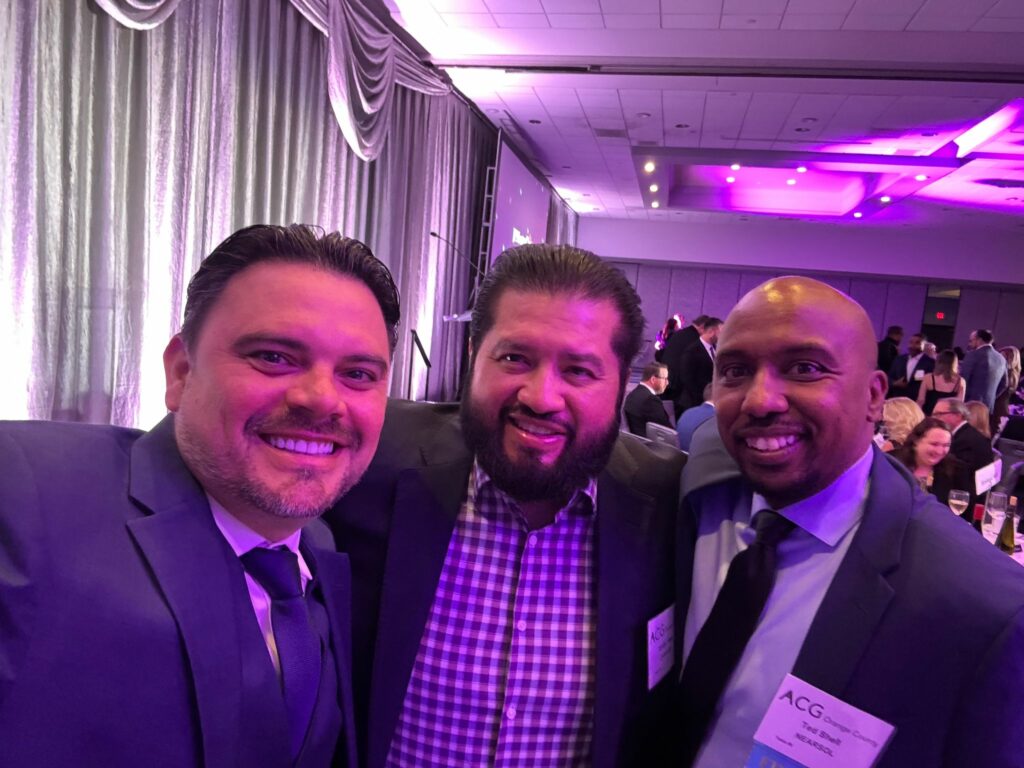Good customer service representatives have a solid grasp of both hard and soft skills. They know how to use them in harmony to provide their clients with the finest service possible. Often, improving your client support strategy as a whole is as simple as coaching your customer service personnel to comprehend and use both sets of abilities.
Hard Skills or Concrete Abilities
Technical abilities, sometimes known as “hard skills,” are typically measurable and teachable. Hard skills, which are normally acquired via formal education and training, are task-specific and essential for the successful completion of a job. Taking notes, entering data, researching, and obtaining information are all examples of hard skills that customer service professionals may need.
Soft Skills or Personal Abilities
Since they are often seen as subjective qualities, soft skills are notoriously hard to measure. Soft skills are those that get ingrained in an individual’s character; while they may be taught via formal education, most people pick them up through experience and practice. Customer service soft skills include the ability to listen attentively, empathize with others, and find creative solutions to problems.
Why Is Providing Excellent Customer Service Super Important?
Providing excellent customer service isn’t just about making a sale; it’s a persistent process that influences the customer at every stage of their journey. It encompasses a wide range of actions taken before, during, and after a transaction, and boils down to providing excellent service to consumers.
If you want to create and keep happy, long-term connections with your consumers, providing excellent customer service is crucial. In today’s market, when consumers have a lot of options, unsatisfied ones will quickly find a new place to spend their money, while loyal ones will stick with the companies that treat them well.
One of the most crucial investments a company can make is in a high-quality customer service strategy—its planning, training, and execution. Showing genuine concern for your consumers is an effective way to boost sales, enhance your brand’s reputation, and open doors to new opportunities for development.
Twelve Core Competencies in Customer Service
The phrase “customer service” may mean various things to different companies. However, the three C’s of communication, consistency, and compassion are universally necessary for excellent customer service. Establishing trust and building loyalty leads to development, and all of these things need to work together for that to happen. All customer service skills rest on these three pillars, thus it’s important to use them often.
When it comes to customer service, these are the top 12 skills that companies should have.
- Listening with Intent
Customers, particularly those who are unhappy or have a complaint, want to have their voices heard. Among the many customer service skills that companies may cultivate, active listening stands out as crucial. Active listening requires a high degree of attention and concentration, despite the apparent simplicity of hearing. For consumers to feel heard when they engage in active listening, members of the customer service team must be attentive, patient, and nonjudgmental.
- Compassion
By actively listening to the customer without passing judgment or making assumptions, an empathic customer service representative may better understand and meet the needs of their clients. Keeping your own emotions in control and being able to identify, manage, and react to clients’ emotions are the main points. An essential component of outstanding customer service is the ability to understand and share another person’s emotions and experiences.
- Finding Solutions
The typical expectation of consumers when they contact customer care with an issue is that they will be assisted in finding a solution. Organizations must have effective methods for handling problems so they can assist clients promptly and efficiently. Problem-solving may take the form of providing several alternatives and assisting the consumer in selecting the most suitable one; yet, there are instances when a straightforward solution, like a product return, is available.
- Negotiating Amicable Settlements
Tensions rise during conflicts, and tension makes people impulsive, illogical, and unable to think rationally. A crucial component of excellent customer service is handling and resolving disputes as quickly as possible so that your clients do not experience stress. To prevent the problem from becoming worse, customer service representatives need to be empathetic and listen carefully so they can comprehend the client’s perspective.
- Maintaining Orderliness
Customer service that works isn’t the kind of thing that happens on a whim. Maintaining a well-organized is essential. Not only should it have the nuts and bolts, like files and individual workspaces, but it should also cover the broad strokes, such as team composition and resource allocation. Customer service representatives can confidently help clients if they have fast access to information and assistance.
- Superior Memory
The more a frustrated consumer has to explain themselves while contacting customer support, the more irate they get. The ability to recall information quickly and accurately is a valuable asset in customer service because it facilitates easier communication, which in turn makes customers feel valued and less pressured. Remembering specifics like names, items, and dates might be crucial for customer care representatives.
- Flexibility
Flexibility and quick thinking are two more crucial abilities for customer support representatives to have. Service representatives must be nimble and adaptable since, depending on the nature of the problem, circumstances might change rapidly. Being flexible in customer service is going into a scenario open-minded and understanding when to pivot to provide the best possible assistance.
- Managing Your Time Wisely
Customers want prompt replies, and customer service representatives can only provide that if they are careful with their time. Managing time effectively will result in reduced wait times and less delay in responding, especially in a contact center environment where agents get several calls every day. Taking stock of all of your present responsibilities and activities and setting priorities is the greatest approach to learning how to manage your time effectively.
- Familiarity
Your staff’s product and service expertise is a key factor in the level of service you provide to customers. They should be knowledgeable enough to respond to inquiries, resolve technical issues, and provide recommendations. Customer support professionals should also be able to identify when a problem has escalated beyond their area of expertise and should be escalated to the next level of management.
- Sharing information
Communication is essential in customer service, whether it’s face-to-face, over the phone, or online. To communicate well, one must listen as much as they speak. Members of customer service teams should participate in continuing education programs that teach them to adapt their communication styles to various contexts and to identify and meet the needs of their customers.
- Honesty
While customers naturally want their problems fixed, they may also be curious as to what went wrong and why. Customer service transparency may not need to disclose all proprietary information. Instead, it’s about being forthright and honest while offering assistance in resolving issues. If you want to create and keep good connections with your customers, being honest—even when it means acknowledging mistakes—is the way to go.
- A sense of humor
You should never treat an unhappy client as a punchline. Having a sense of humor, however, may be an effective tool for relieving stress and lifting spirits when used appropriately. A well-timed humorous remark is often all it takes to help calm a client down and change their mood once you’ve figured out what they’re looking for and why they’re upset.
Partner with a team who knows all these by heart. Gather more momentum this 2024.
NEARSOL is a US-based BPO and service company that offers clients custom-design solutions. With major hubs in Manila and Iloilo, it began operations in 2011 and has since gained a strong presence in the Latin American regions, the Caribbean, and the Asia Pacific, winning many awards for quality and service along the way. Most recent of which is its Great Place to Work-Certified™ Recognition, a global accreditation that tells stakeholders what employees think of the company culture.
Visit our LinkedIn to learn more about our company and our global footprint.





